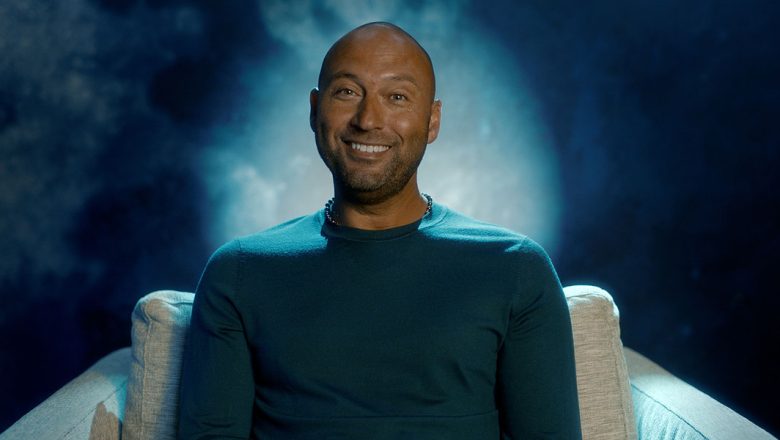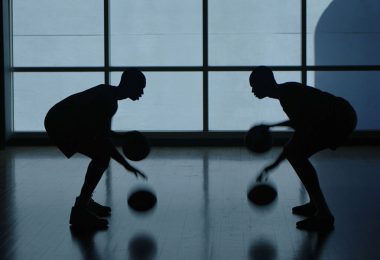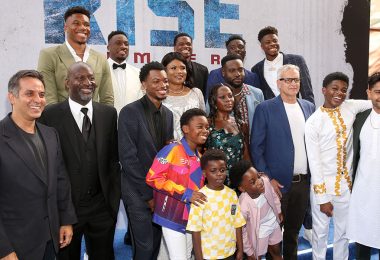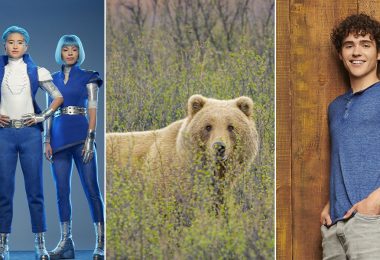By Andie Hagemann
Derek Jeter was the face of the New York Yankees, a five-time World Series Champion, and one of the biggest superstars in sports. Now, the once uber-private professional athlete is ready to tell his story. Directed by Emmy® Award winner Randy Wilkins, ESPN Films’ documentary series The Captain chronicles the extraordinary life of the Hall of Fame baseball player on and off the field and features exclusive, candid interviews with Jeter, his family, and dozens of former teammates, rivals, and fans.
Episode one of the seven-part series will debut Monday, July 18, simultaneously on ESPN and ESPN+ at 10 p.m. ET/7 p.m. PT, following the MLB All Star Home Run Derby.
The series is executive produced by Spike Lee, Mike Tollin, Mandalay Sports Media, Excel Sports Management’s media arm Excel Media, and Connor Schell, in association with The Players’ Tribune and Major League Baseball. For more on the special, enjoy this exclusive Q&A with Wilkins.
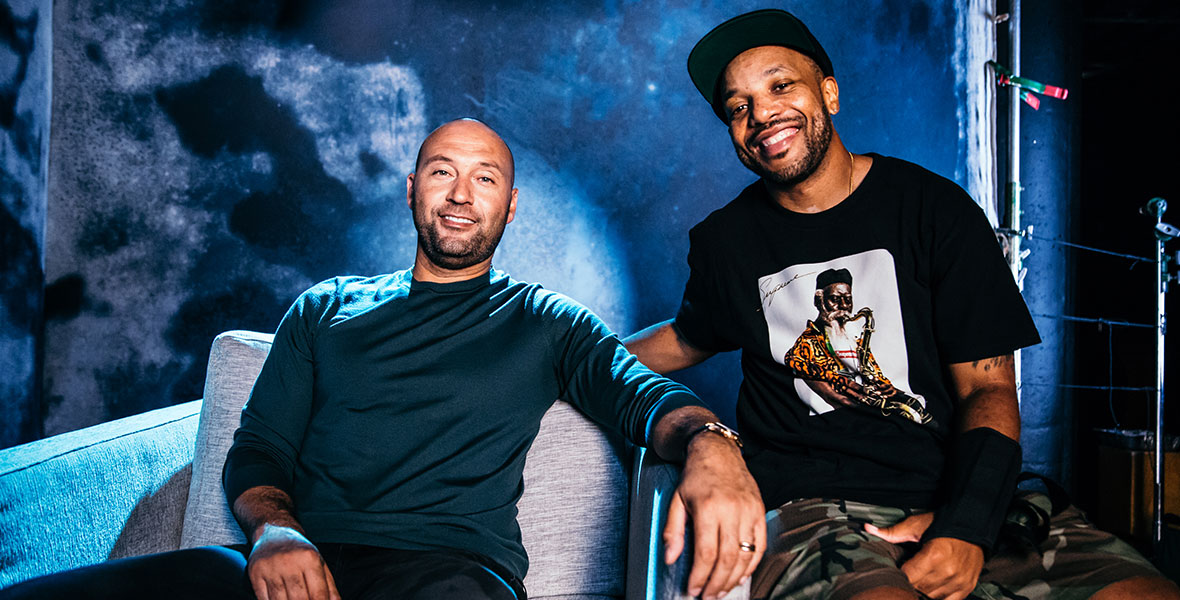
D23: How did you initially become involved with The Captain? What attracted you to the project?
Randy Wilkins (RW): I’m a native of the Bronx and a huge Yankees fan, so that allure brought me into this space well before I knew that I was going to make it. Being a Yankees fan is a big part of who I am and I’m very proud of that. But in terms of specifically being attached to this project, I came up under Spike Lee; I’ve known him for close to 20 years—he was my professor at NYU [graduate film program], and I started off working under him as an editorial intern on Inside Man in 2004. I worked my way through the ranks, later becoming an assistant editor and editor for a lot of Spike’s projects. I was directing on the side and still making things, but in June of 2020, Spike called me out of the blue and asked how I was doing and dealing with the pandemic. Then he asked me who was my favorite Yankee was. I said Derek Jeter—but at that time, obviously, there are no sports [being played] and Yankees were not first and foremost on my mind. So I thought, ‘What’s going on here? Why are you asking me this?’ Spike told me that Derek wanted to do a film on himself and was ready to speak his truth, and Spike suggested that I’d be the one to direct it. I almost dropped the phone in total shock—one, because I was totally caught off guard that Derek wanted to make a film on himself, knowing that he was so private in the in the public and in the media; and two, because I might have this opportunity to tell Derek Jeter’s story, meet him, and all that other stuff. I met Derek on a Zoom call and we hit it off right away; it felt like I’ve known him for 10 years. Maybe a week or two later, I found out that I got the gig.
D23: Walk us through the story structure of the documentary; did Derek have a lot of input on the creative process?
RW: In terms of story structure, that was all me and our team. Derek didn’t have much influence or commentary on it. We wanted to build out a very specific timeline of all the events prior to Derek’s career, and then during and after, that we wanted to explore throughout the film. We had a room in our office where we had two walls, with a corkboard on it, and [on it] we had a year and then all the baseball events that happened that year. Then we were filling the gaps with cultural stuff that happened in that year and things that might have happened with Derek on a personal level during [at the same time]. We built our interview list from there, and we went off to the races.
But it’s important to let people know that we didn’t stick to that to the tee. My philosophy is the footage is ‘clean’—so wherever the footage leads you, that’s where you’re going. You could have this nice row of index cards on a wall, but that’s not really the story. The story is what we captured in footage. I know Derek looked at cuts, it was collaborative [that way], but there was nothing mandated; it was very much making sure that we were accurate with our information from what Derek can remember, and also making sure that we were telling an authentic story.
D23: Did you learn anything new about Derek that you didn’t know before directing The Captain?
RW: I didn’t realize how important trust and loyalty were to him. There were some stories over the years that talked about his relationships with people both on and off the field, but there wasn’t anything that really captured how important those two values are to him. It was very apparent that he treats friends like family, and that family is first and foremost for him. He has a small circle to protect himself, but—he also admits this—he has trouble trusting people. He’s always jumping to what people’s motives might be when he comes across them. I noticed not just from speaking with him, but to his family, his friends, teammates, and former teammates, how important those values are. I also learned how much his biracial identity shaped his worldview—and how the experiences that he had as a young man, and the experiences that his sister had as a young woman, influenced the way that he interacted with the world and how the world interacted with him. On the athlete side, [I didn’t realize] how intense of a competitor he is. He has an insatiable desire to compete and to win.
D23: What’s your favorite episode?
RW: Episode five, because we really get into race in celebrity culture and the impact of celebrity culture on the celebrities themselves. I think it’s the episode that really captures this idea that I was going for—where, when we talk about Derek, we’re also talking about ourselves. To do that, you have to step outside of the baseball field and address with things that are the tenants of our culture. It gave us an opportunity to really explore things that talk about American culture or our social norms. I think they’re really brought into the scope of the film in multiple ways, and I’m very proud of it.
D23: Do you have a favorite memory of Derek Jeter on the field?
RW: Whenever they won a World Series, that’s my favorite Derek Jeter moment. I’m sure that’s his favorite moment too!
D23: What do you hope audiences come away with after watching The Captain?
RW: I don’t believe in dictating to people how they should feel watching a film or watching a series. An audience brings so many different things to the table that influence the way they experience a film that it’s not my place to dictate or challenge those things. It’s to present a story, try to be as authentic as possible, and let people connect to it in the ways that they connect to it. They might have an experience that sets off an emotion because they see something that takes them back to a very personal experience. I don’t want to take that away from the audience. I think once it’s out, it’s theirs; It’s not mine anymore. So I hope that they really connect to it and enjoy it, and are willing to go along for the ride.


